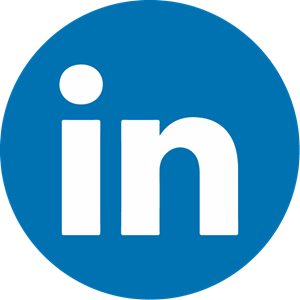The revised IMO Strategy for reducing GHG Emissions from Ships is expected to be adopted during the MEPC 80 meeting scheduled for 3-7 July 2023. In November 2022, the implementation of the "short-term measure" took effect, aimed at reducing the carbon intensity of ships. This measure introduced the Energy Efficiency Existing Ship Index (EEXI), the annual operational carbon intensity indicator (CII) rating, and an enhanced Ship Energy Efficiency Management Plan. The MEPC Committee has committed to making further progress in identifying priority candidate measures for greenhouse gas (GHG) reduction. These measures will encompass technical and economic elements and be developed as part of a comprehensive set of actions to be finalized at MEPC 80. At MEPC 80, which is scheduled for this year, a revised IMO GHG Strategy is anticipated to be adopted, with increased ambition across all its aspects.
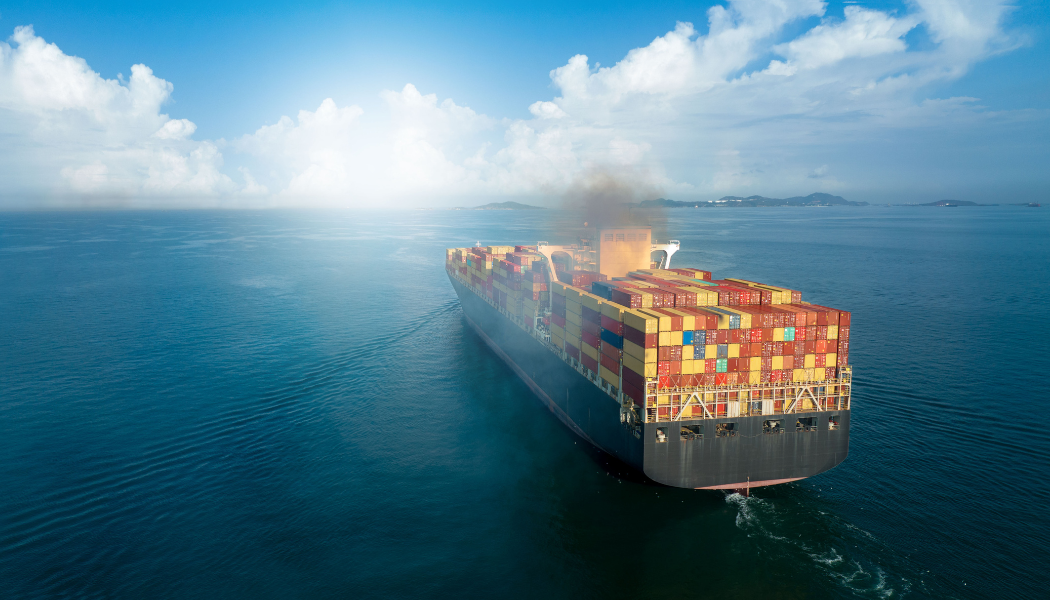 |
The EEXI and the CII regulations came into effect on January 1, 2023, aligning with the IMO's 2018 Initial Strategy to reduce carbon intensity from all ships by 40 percent by 2030 compared to 2008. Albion Marine Solutions has successfully conducted EEXI calculations for a range of vessel types, such as LNG, container, and bulk carriers. Our dedicated decarbonization teams are actively engaged in evaluating energy efficiency and providing tailored decarbonization solutions that align with specific ship requirements. Our goal is to ensure compliance with the latest IMO regulations while optimizing sustainability measures for each vessel, regardless of its size. For more information contact This email address is being protected from spambots. You need JavaScript enabled to view it.

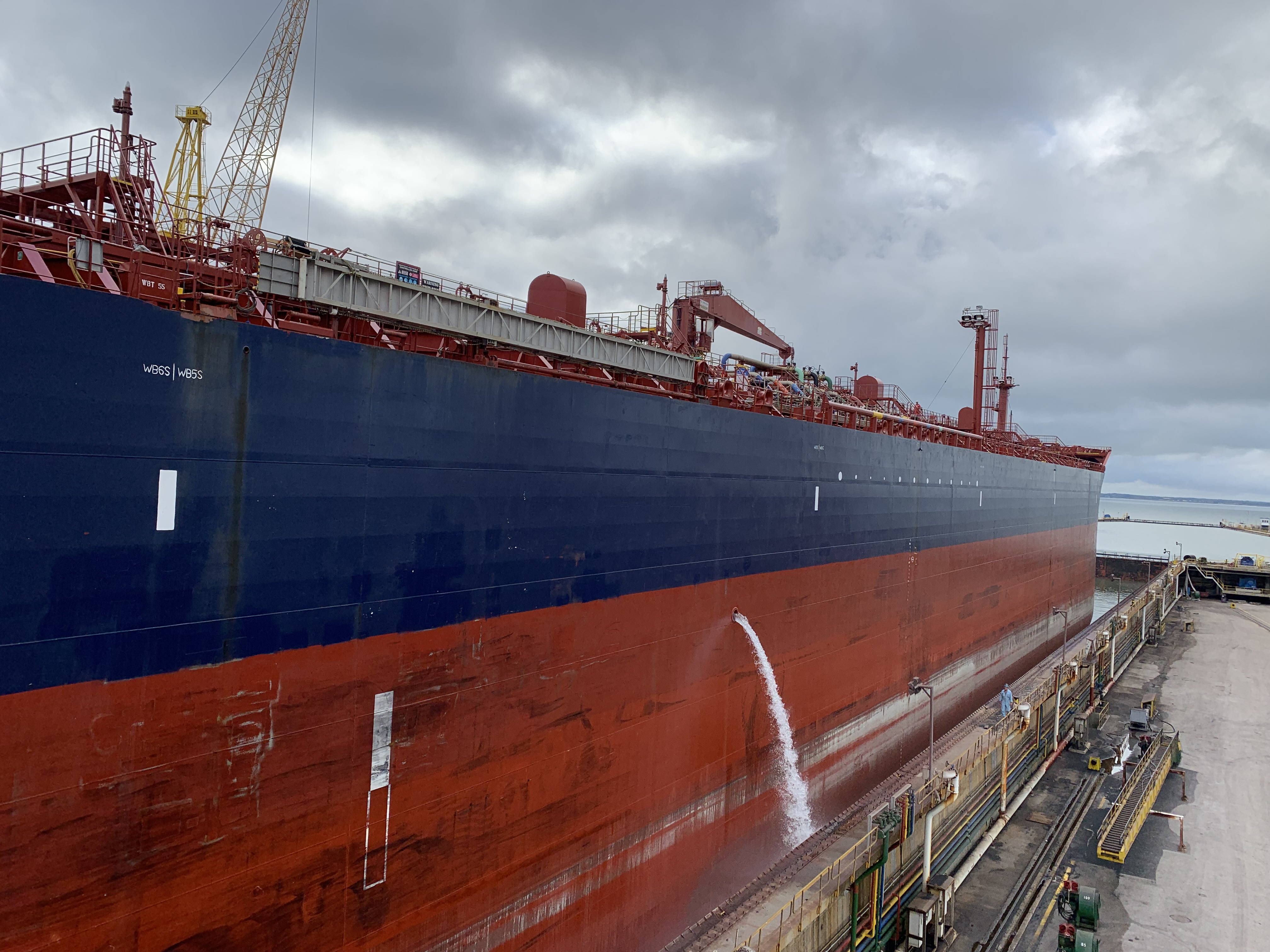
.png)
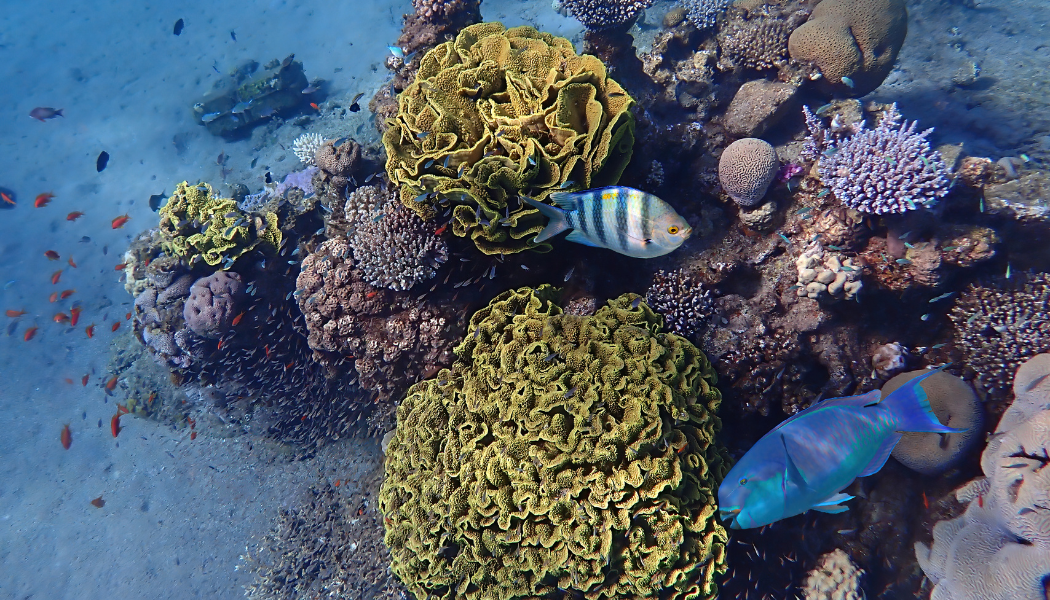
.png)
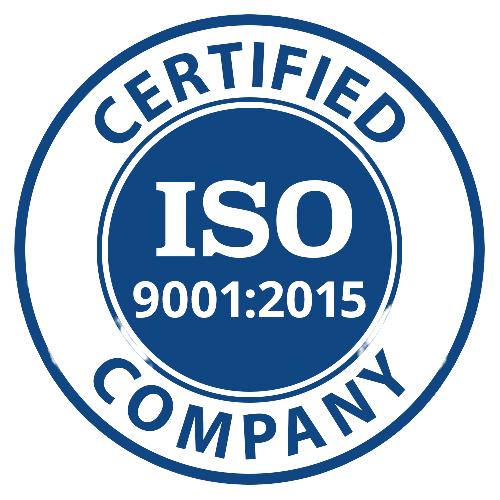
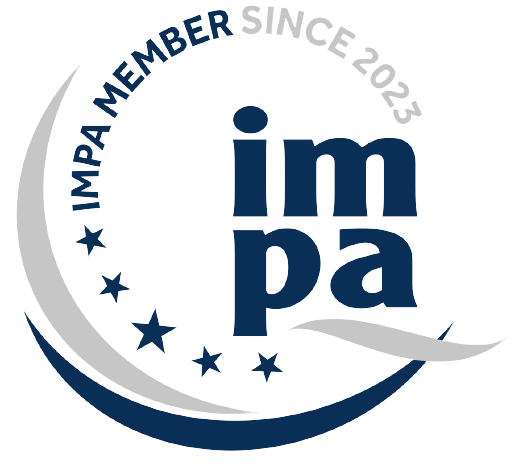
.jpg)
